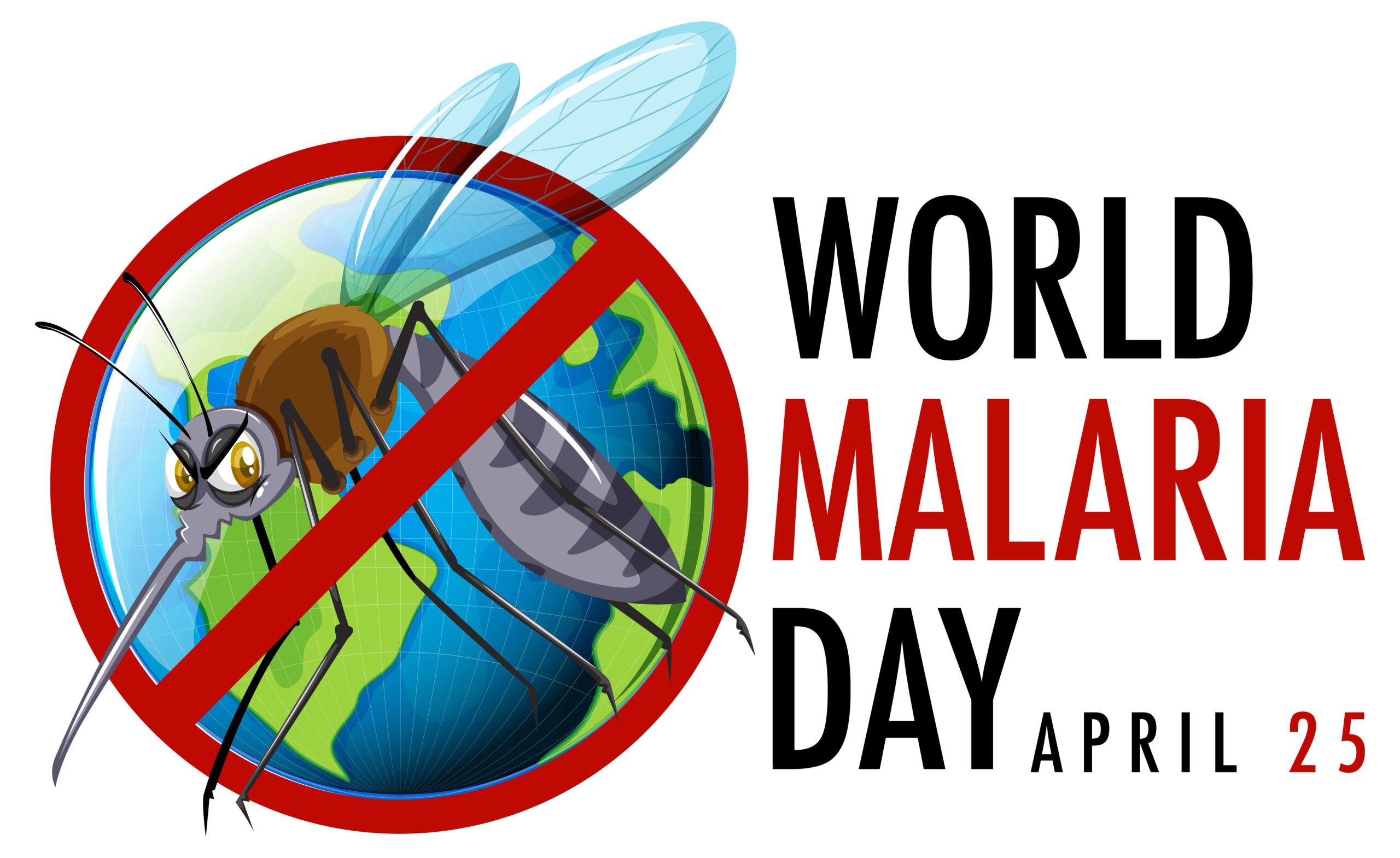Time-Restricted Eating and Cardiovascular Health: A Closer Look
This article is based on a recent report published on the American Heart Association’s newsroom. The report discusses a study that analyzed the eating habits of over 20,000 U.S. adults and their impact on cardiovascular health.
The Study
The study found that people who limited their eating to less than 8 hours per day, a time-restricted eating plan, were more likely to die from cardiovascular disease compared to people who ate across 12-16 hours per day.
The researchers conducted an analysis of over 20,000 U.S. adults1. They reviewed information about dietary patterns for participants in the annual 2003-2018 National Health and Nutrition Examination Surveys (NHANES) in comparison to data about people who died in the U.S., from 2003 through December 2019, from the Centers for Disease Control and Prevention’s National Death Index database1.
The dietary information was collected by two 24-hour recalls at the time of enrollment2. This can limit the study’s findings and accuracy given that dietary patterns can change over a period of time2.
The researchers investigated the potential long-term health impact of following an 8-hour time-restricted eating plan1. They found that the participants who practiced 16:8 intermittent fasting were 91% more likely to have died from cardiovascular disease than those who didn’t practice this type of fasting2.
It’s important to note that this study was observational, so it is hard to draw definitive conclusions2. However, it does add to the growing body of studies on the pros and cons of time-restricted eating2.
Key Findings
Interestingly, the study found that this eating pattern was not associated with living longer. However, people with heart disease or cancer had an increased risk of cardiovascular death.

Time-Restricted Eating and Cardiometabolic Health
Previous research has found that time-restricted eating improves several cardiometabolic health measures, such as blood pressure, blood glucose, and cholesterol levels. However, the long-term health effects of time-restricted eating, including risk of death from any cause or cardiovascular disease, were unknown.
A Word of Caution
This study was observational, so it is hard to draw definitive conclusions, but it does add to the growing body of studies on the pros and cons of time-restricted eating. It’s always best to consult with a healthcare professional before making significant changes to your diet.
Conclusion
While time-restricted eating may have some benefits, it’s important to consider the potential risks as well. As always, maintaining a balanced diet and regular exercise are key to good health. Stay tuned to www.tipsclear.com for more informative and helpful news related to health and wellness.
Disclaimer: This article is for informational purposes only and is not a substitute for professional medical advice, diagnosis, or treatment.


